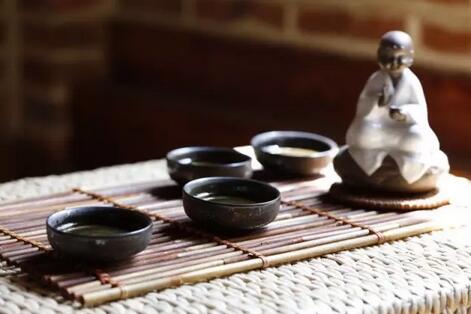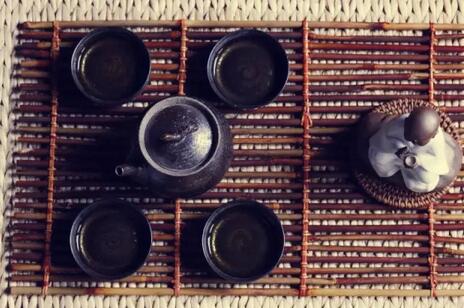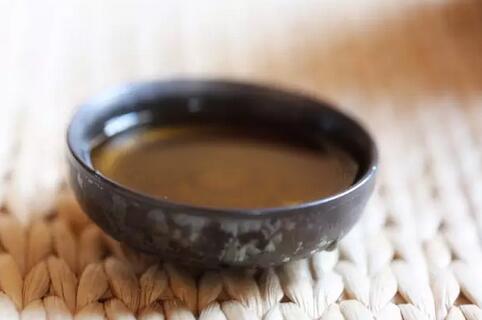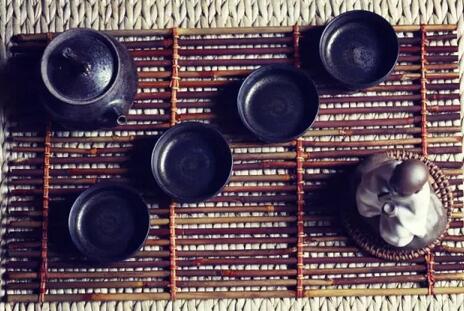Enjoying tea at night is indeed a pleasant activity, but beginners may easily experience insomnia and thus avoid drinking tea in the evening. However, there are ways to drink tea at night without losing sleep. If the method doesn't work initially, try it a few more times.

It is often said that drinking tea causes insomnia because tea contains caffeine. Caffeine is a double-edged sword—it can refresh the mind and keep you alert, but when it's time to sleep, the inability to fall asleep becomes insomnia. However, this doesn't apply to everyone.

First, it's important to understand that tea refreshes you because it contains caffeine, the substance that excites you. The higher the caffeine content, the more likely it is to keep you awake. The caffeine content in tea depends on many factors, such as the variety, growing conditions, harvesting season, picking standards, and processing.

The caffeine in tea is relatively stable and doesn't decrease much during fermentation. Many people feel that green tea has higher caffeine because the tea polyphenols in green tea are not oxidized, leaving the caffeine in a free state. In contrast, after fermentation, tea polyphenols wrap around the caffeine, reducing irritation to the stomach, but the caffeine content remains unchanged.
Tips for Drinking Tea at Night
1. Drink lighter tea to reduce caffeine intake.
2. Choose sweeter-tasting tea. Tea with more theanine is scientifically proven to be better for sleep than sleeping pills, with no side effects.
3. Opt for more heavily fermented teas.
Many teas meet these requirements. For example, black tea, aged white tea—especially those made from coarser leaves like Gongmei or Shoumei. Fully fermented red tea retains a lot of theaflavins, which warm the stomach and calm the mind, while also preserving more theanine and offering a milder, sweeter taste.

Additionally, tolerance to caffeine varies by habit and constitution. Some people drink tea all day without insomnia, while others may experience palpitations, dizziness, or weakness (known as "tea drunkenness") after suddenly consuming large amounts or drinking tea on an empty stomach. As for caffeine, tolerance improves with frequency and quantity.